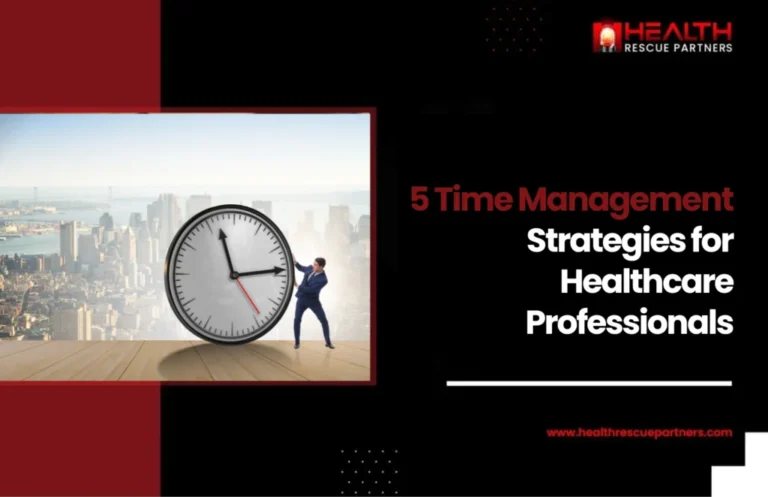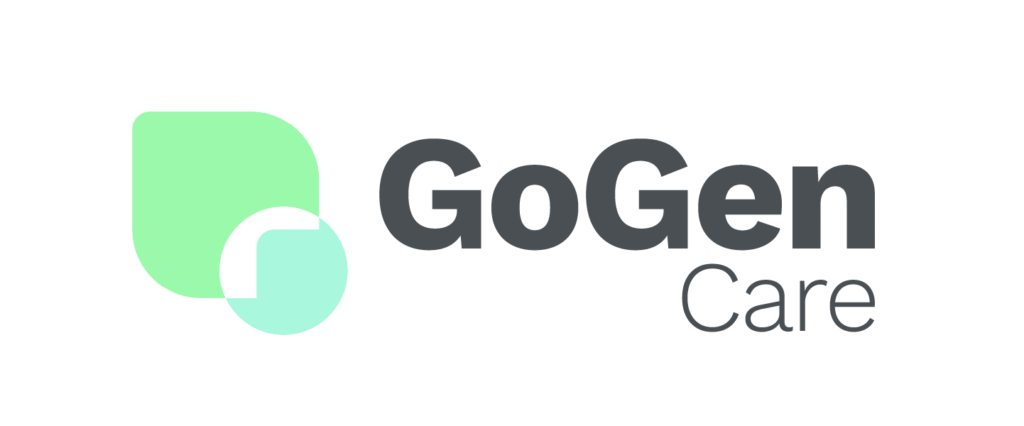Healthcare professionals juggle demanding schedules, patient care responsibilities, and administrative tasks daily. Without effective time management strategies, it’s easy to feel overwhelmed and exhausted. Implementing time optimization techniques can help healthcare providers maximize productivity while maintaining high-quality care and personal well-being. Here are five essential time management strategies tailored for healthcare professionals.
-
Prioritize Tasks Using the Eisenhower Matrix
One of the most effective ways to manage time efficiently is by using the Eisenhower Matrix. This tool helps categorize tasks into four quadrants:
- Urgent & Important: Immediate action required (e.g., patient emergencies).
- Important but Not Urgent: Schedule these tasks (e.g., training, research).
- Urgent but Not Important: Delegate when possible (e.g., scheduling appointments).
- Neither Urgent nor Important: Eliminate or minimize (e.g., excessive social media use).
By sorting daily responsibilities into these categories, healthcare professionals can allocate time effectively and focus on high-priority activities.
-
Utilize Technology for Scheduling and Documentation
Modern healthcare relies heavily on digital tools to enhance efficiency. Electronic Health Records (EHR) and automated scheduling systems reduce paperwork and administrative burdens, allowing more time for patient interaction. Utilizing mobile apps and AI-driven scheduling assistants can help:
- Set reminders for important tasks.
- Automate appointment scheduling.
- Reduce redundant paperwork.
Leveraging technology allows professionals to streamline their workflow and minimize time wasted on non-clinical tasks.
-
Implement Time Blocking Techniques
Time blocking is a structured scheduling method where professionals allocate specific time slots for tasks. This approach prevents distractions and ensures dedicated focus on patient care, documentation, and professional development.
How to implement time blocking:
- Set aside fixed time slots for administrative tasks.
- Allocate protected time for patient consultations.
- Reserve time for self-care and breaks to prevent burnout.
By implementing time blocking, healthcare professionals can maintain a balanced schedule and reduce the feeling of being constantly rushed.
-
Delegate and Collaborate Effectively
Delegation is a crucial skill in healthcare, ensuring that professionals focus on their core responsibilities while supporting staff handle routine tasks. Effective delegation techniques include:
- Assigning non-clinical duties to administrative staff.
- Empowering nurses and medical assistants to manage patient preparation.
- Collaborating with multidisciplinary teams to distribute workload efficiently.
When healthcare professionals delegate and collaborate effectively, they optimize time and enhance team efficiency.
-
Practice Self-Care and Stress Management
Time management is not just about handling work tasks; it also involves maintaining personal well-being. Healthcare professionals must incorporate self-care into their schedules to prevent burnout.
Self-care strategies include:
- Setting boundaries to maintain work-life balance.
- Practicing mindfulness or meditation to reduce stress.
- Engaging in physical activities or hobbies outside of work.
By prioritizing self-care, healthcare professionals can sustain their energy levels and improve overall productivity.
Conclusion
Effective time management strategies empower healthcare professionals to optimize productivity, enhance patient care, and reduce stress. By implementing techniques such as prioritizing tasks, leveraging technology, utilizing time blocking, delegating effectively, and practicing self-care, professionals can maintain a balanced and efficient workflow.
FAQs
-
Why is time management important for healthcare professionals?
Time management helps healthcare professionals provide efficient patient care, reduce stress, and maintain work-life balance.
-
How can technology improve time management in healthcare?
Technology streamlines scheduling, documentation, and communication, allowing professionals to focus more on patient care.
-
What is the Eisenhower Matrix, and how does it help with time management?
The Eisenhower Matrix categorizes tasks based on urgency and importance, helping professionals prioritize effectively.
-
How can healthcare professionals prevent burnout while managing their time?
By setting boundaries, taking regular breaks, and incorporating self-care into their schedules, professionals can prevent burnout.
-
What is time blocking, and why is it effective?
Time blocking involves allocating specific time slots for different tasks, ensuring focused work and minimizing distractions.


